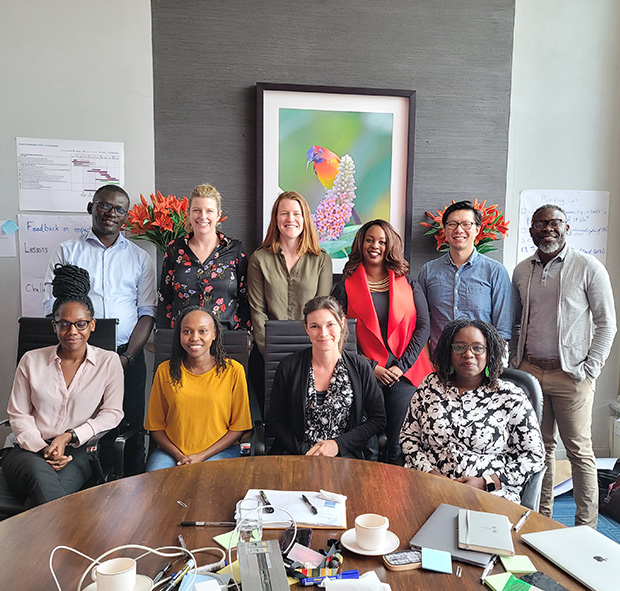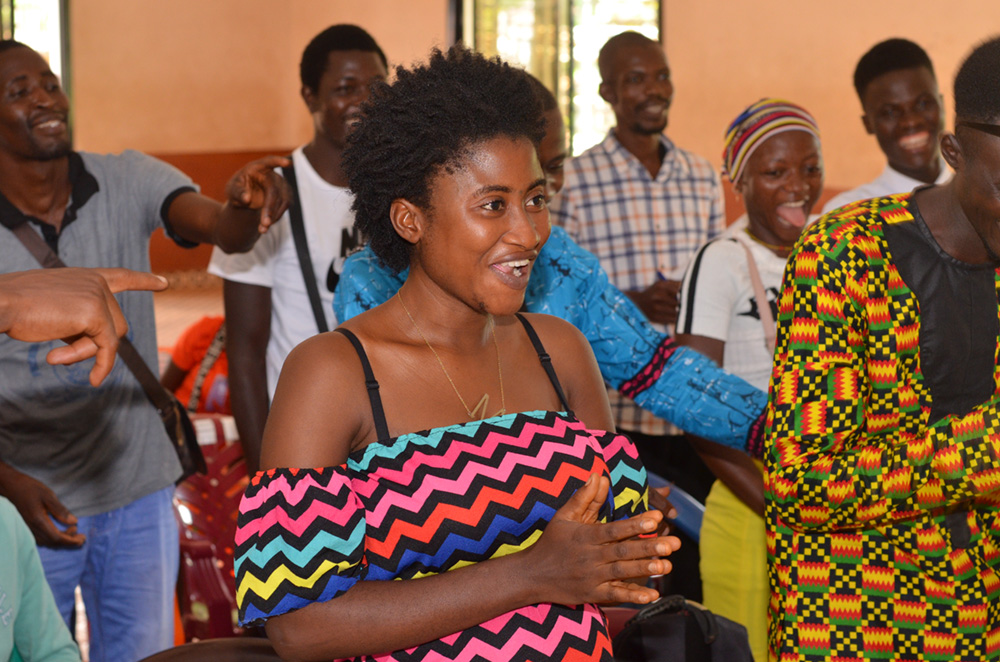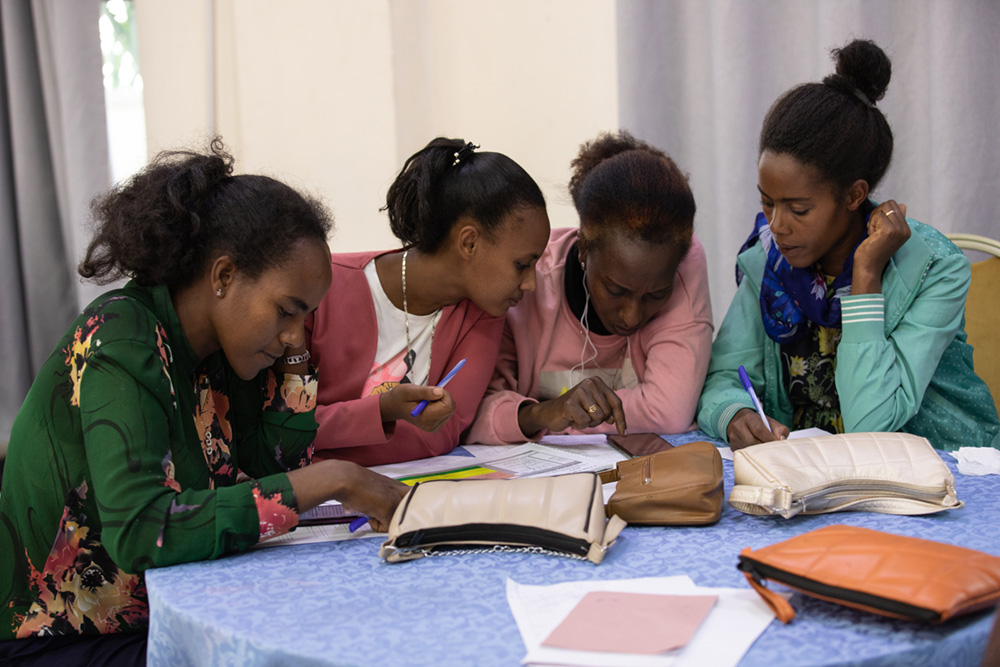Blog Post
Government-owned community health programs are the way forward.
Insufficient and fragmented funding prevents community health workers from reaching their full potential. We are working to change that.
Closing the $4.4 billion community health funding gap in Africa could save millions of lives in last mile communities.
Community health worker programs could save an additional three million lives every year if properly equipped and sufficiently scaled. Research further shows that investing in community health workers can deliver a 10:1 return on investment.
But realizing the full potential of community health workers at the scale of the problem faces an enduring barrier: financing. Africa faces an annual community health funding gap of $4.4B. Beyond this gap, there are challenges relating to how money flows. It can become fragmented, with programs focusing on specific topics like HIV or malaria, rather than an integrated approach to delivering all primary care services via one community health workforce. And often, challenges that funders prioritize aren’t the challenges national leadership identifies as most urgent.
It is essential that we unlock more integrated funding for community health, and better align that funding behind national community health priorities.

Africa Frontline First is a collaborative initiative of Last Mile Health, Financing Alliance for Health, and Community Health Impact Coalition to close the community health funding gap in Africa. Africa Frontline First works to influence funding structures, from design through disbursement, and accompanies governments to leverage it effectively.
Since the launch of Africa Frontline First in 2022, we have unlocked new funding for community health and cultivated a broad commitment to better aligned financing.


Last Mile Health works with Ministries of Health to understand costs, map resources, and mobilize funding for community health. Recent projects in Malawi and Liberia exemplify these efforts:
Malawi’s 7,000 community health workers provide essential access to health services, but one in five Malawians still lack access to care. Funding is a significant barrier, with an estimated community health funding gap of $240 million. In 2022, the Malawi Ministry of Health and Last Mile Health mapped resources across the community health financing landscape and developed a roadmap for change. The resulting Community Health Financing and Advocacy Plan will guide resource mobilization efforts through 2030.
Liberia has scaled its national community health worker program to reach every rural and remote community in Liberia. To understand the costs and economic impact of Liberia’s national community health program, Last Mile Health and the Ministry of Health conducted an economic evaluation in Grand Bassa County. Analysis demonstrated that, when compared to facility based care, the program was the most cost-effective way to increase treatment of malaria and diarrhea, two of the leading causes of death for children under five. Strong data and evidence has continued to be instrumental in mobilizing over $120 million to fund the program since 2016.
Africa Frontline First is a collaborative initiative to fund, scale, and strengthen community health programs.
A joint call to action urging governments to invest in community health programs as an integral path to universal health coverage, including advocating for fair pay for community health workers.
To bring a health worker within reach of everyone, everywhere.
SUPPORT OUR WORK >